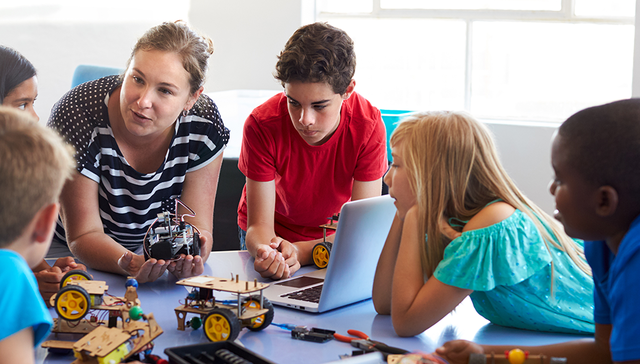Following the success of Arigatou International’s previous online courses, the third round of Ethics Education for Children: A Transformative Pedagogy for Learning to Live Together was conducted from 15-28 June 2021. Sixty-six participants from different countries joined the course, offering a diversity-rich environment that helped prompt fruitful dialogues and a diverse exchange of experiences.
During the course, participants explored how to create safe learning environments for children, particularly in the context of the COVID-19 pandemic, and with the challenge of school’s closures and distance learning, among other limitations. They discussed the ethical challenges brought by the pandemic and its implications for children and youth in their own contexts and explored ways to empower children in addressing these issues.
Participants were introduced to Arigatou International’s Ethics Education Approach, which presents a transformative pedagogy that places children at the center of the learning process, making them drivers of their own learning and agents of positive change in their communities. During the sessions, participants discussed how educators can empower children by ensuring their meaningful participation and providing physical, emotional and spiritual safety.
As part of the course, a webinar was held to reflect on the importance of ethics education for children, particularly during the pandemic. Speakers included Dr. Scherto Gill, Guerrand-Hermes Foundation for Peace; Dr. Xiaoan Li, The Fetzer Institute; Ms. Lilis Musyaropah, Teacher Associated Schools of UNESCO; Prof. Amr Abdalla, University for Peace, and Dr. Vinu Aram, Shanti Ashram.
This series of online courses is part of our response to the COVID-19 pandemic to support educators in ensuring children’s social, emotional and spiritual well-being through reflections and tools to foster ethics education. The course was coordinated and facilitated by Mr. Suchith Abeyewickreme, Program Officer of Arigatou International Geneva, Ms. Jane Nyaga, Senior Officer at the Kenya Institute for Curriculum Development, and Ms. Laura Molnar, President of Education for Change, Romania and GNRC member.
